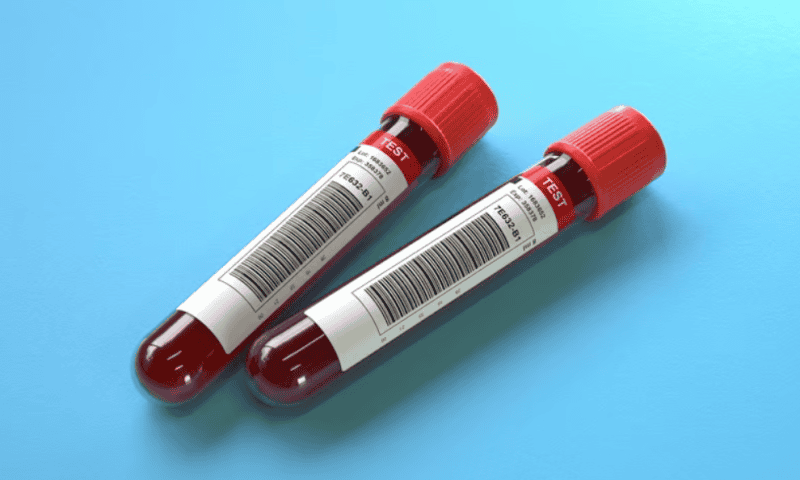Researchers at the Washington University in St. Louis and Lund University in Sweden have taken a step closer toward developing a blood test that could be used during an annual doctor’s office visit to help catch cases of Alzheimer’s disease.
Making a simple and accurate blood test available to primary care providers would upend traditional diagnostic methods, where invasive spinal tap procedures or brain scans typically only come after a patient has begun demonstrating cognitive decline.
The researchers—some of whom previously worked with the Washington University’s spinout C2N Diagnostics, a former Fierce 15 winner and developer of the PrecivityAD blood tests for Alzheimer’s—say this new assay is capable of performing on par with PET scans and analyses of cerebrospinal fluid by picking out the tau and amyloid beta proteins in plasma that are associated with the neurodegenerative disease.
While C2N’s current PrecivityAD tests are aimed at patients aged 55 and older who are already showing signs of cognitive impairment and who are undergoing a broader diagnostic evaluation for Alzheimer’s or dementia, the researchers said a front-line blood test could potentially get patients access to treatment years earlier.
“We now have therapies that have clinical benefits, which is great, but they don’t reverse the loss of neurons in the brain,” Nicolas Barthélemy, an assistant professor of neurology at Washington University and co-first author of a study published this week in Nature Medicine, said in a statement. “What we really want is to treat the disease before people start losing brain cells and showing symptoms.”
The test uses mass spectrometry to compare the ratio of phosphorylated tau-217 proteins in the bloodstream to non-phosphorylated tau. According to the study, the approach was “generally superior” to separate FDA-approved immunoassays designed for cerebrospinal fluid and matched their accuracy when compared to PET scans to identify the presence of amyloid plaques in the brain.
“Next, we need to determine if the Alzheimer’s blood test also works in primary care. This is currently being investigated in Sweden,” said co-senior author Oskar Hansson, a professor of neurology at Lund University.
“Imagine a person who is 55 or 60 and has a family history of Alzheimer’s or some high-risk genetic variants,” added Barthélemy. “It would be really valuable to have an easy way to know whether they have amyloid pathology in their brains. If they do, they could come in, maybe once every two or three years, and get a therapy to clear the amyloid out and then never develop dementia at all. We’re still a few years away from such an approach, but I think that’s the future of Alzheimer’s care, and it depends on presymptomatic diagnosis and treatment.”

